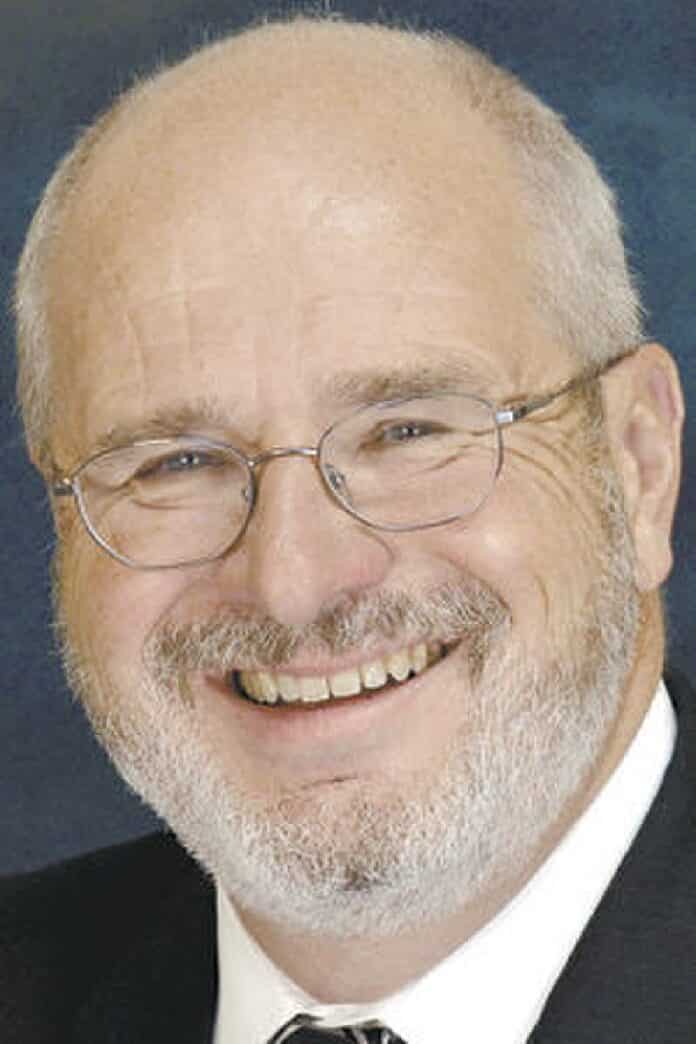INDIANAPOLIS — A friend once told me, “Time and gravity have their way with all of us.”
By that, he meant that no one could avoid what the weight of accumulated years does to the human body. As we age, we will grow slower, less agile and more brittle as we move toward our ends.
The great ones, though, often can cheat the clock a bit. They find ways to make learned grace accomplish what raw energy once did. Through sheer force of will and discipline, they push back against time and gravity — make the calendar creep instead of march.
That’s what I hope aging baseball superstar Albert Pujols will be able to do.
The Los Angeles Angels released Pujols last week amid reports of shouting and acrimony. He’s now looking to find another team to finish out the season and likely his career.
His departure from the Angels served as a depressing moment for the man who probably is the best baseball player of the 21st century. (His only rival is former Angels teammate Mike Trout.)
In his heyday with the St. Louis Cardinals, Pujols was the most fearsome force to take the field. While in St. Louis, he won three Most Valuable Player awards and helped the Cards capture two World Series titles.
One year, he led the league in batting average by hitting .359 while clouting 43 home runs and driving in 124 runs. Year after year, he hit better than .300, pounded baseballs out of the park and pushed runners across the plate.
I saw him play a couple of times when he was in St. Louis.
I don’t think I’ve ever seen a hitter who combined natural ability, relentless discipline and intense focus the way he did. He did not make mistakes at the plate. If a ball could be hit, he hit it.
Hard.
His excellence was a product of more than muscle tone and innate ability. He studied and knew the game.
A couple of years, he somehow stole 16 bases, even though he weighs 235 pounds and stands 6-foot-3. There are mountains that can run faster than he can.
In those glory days, his nickname was “the Machine,” because he performed so consistently at such a high level.
But even machines break down over time.
A decade ago, when he left the Cardinals to play for the Angels, injuries began to assail him. He missed almost all of one season and stretches of others.
His production lagged, too.
Often, his numbers still were commendable, but they couldn’t compare to the damage he had wreaked upon opponents when he wore a Cardinals uniform.
That is the problem with being a legend. One competes not just against other teams and players but also against the ghosts of one’s earlier self and accomplishments.
Pujols now says he’s 41. (Rumors have circulated for years that he’s really three or four years older than his stated age.)
When the Angels let him go, he was hitting below .200 — but he’d hammered five homers already.
Pujols says he wants to play somewhere else. He wants to go out on his own terms, battling into the autumn until the last out is called.
I hope he gets the chance.
Another friend once talked with me about a great coming-of-age book. I told him I was less interested in such tales now than I once was — in part because I came of age many, many years ago.
Now that I’m in my 60s, the stories that move me most are the ones about human beings who push back against the clock, who find ways to make guile and experience perform feats that native strength and suppleness once did. I admire people who shoulder the weight of time and gravity and refuse to bow or yield.
Albert Pujols is not and never was a machine.
He’s a man, a fragile human being like the rest of us, one who feels the pressures of age and his own frailty — and refuses, for the moment, to surrender to them.
There’s glory in that.
John Krull is director of Franklin College’s Pulliam School of Journalism and publisher of TheStatehouseFile.com, a news website powered by Franklin College journalism students. Send comments to [email protected].




